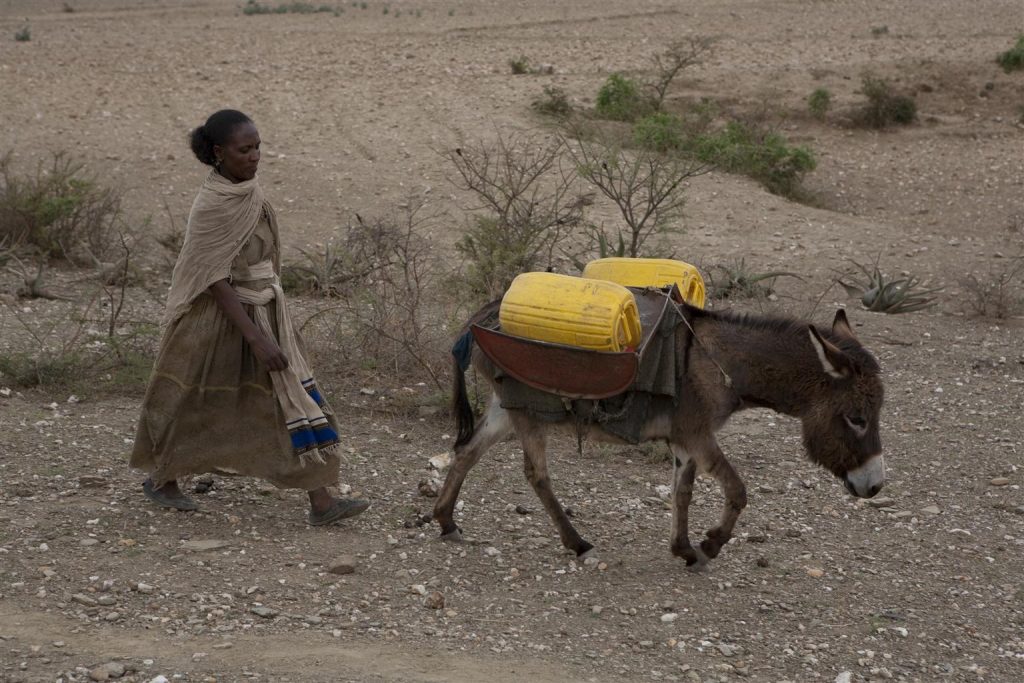Agriculture and livestock are amongst the most climate sensitive economic sectors in the developing countries whilst the rural poor communities are more vulnerable to the adverse effects of climate change. Climate change is real and is happening now. Current knowledge on the relationship between climate change effects and animal health is lacking particularly in East Africa despite of livestock agriculture being economically important in the region. Many related studies in the region have reported on the impacts of climate change on human health compared to animal health. This deficiency has created a knowledge gap which affects livestock management authorities and several development projects.This review paper describes the current knowledge in regards to potential impact of climate change and livestock infectious diseases in East Africa region.
A number of research reports and scholarly articles on climate change, animal diseases epidemiology were reviewed over a period of two months. Livestock production and health are significantly vulnerable to the impact of climate change and resource poor farmers and pastoralists are the most vulnerable. Early warning systems, preparedness and improved public and private veterinary services should be strengthened so as to lower the adverse effect of climate change. In addition, adaptation and mitigation approaches should be practiced to minimize the effects. The knowledge obtained from this paper will help all stakeholders including decision makers and donor communities to have a better understanding of climate change effects on livestock sector so as to build resilience of vulnerable livestock keeping communities and work together in formulation of mitigation, adaptation and traditional coping strategies against these adverse effects.



